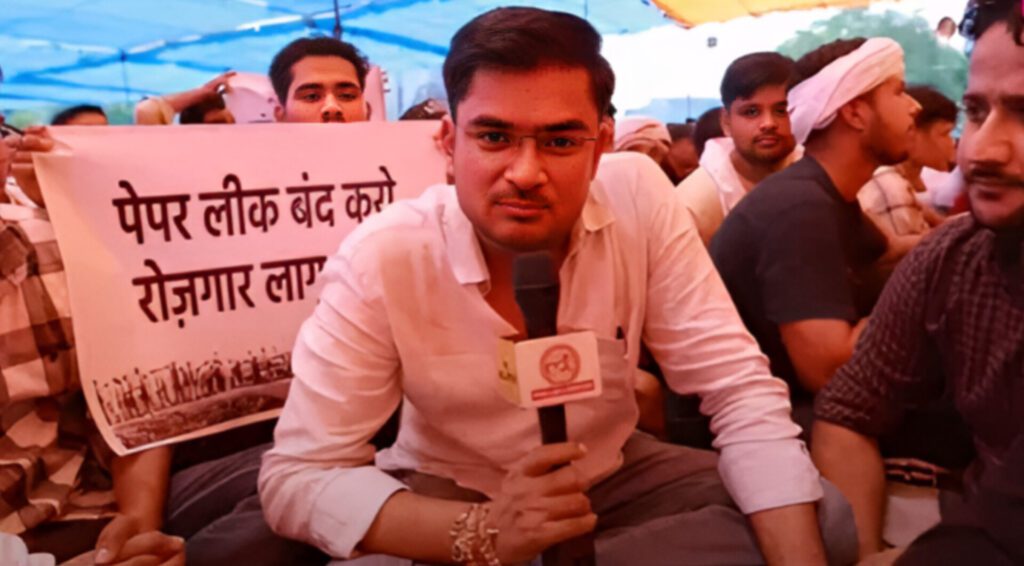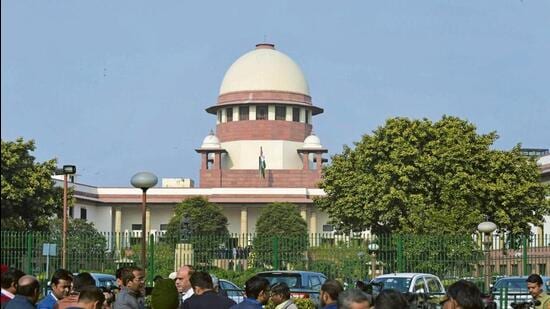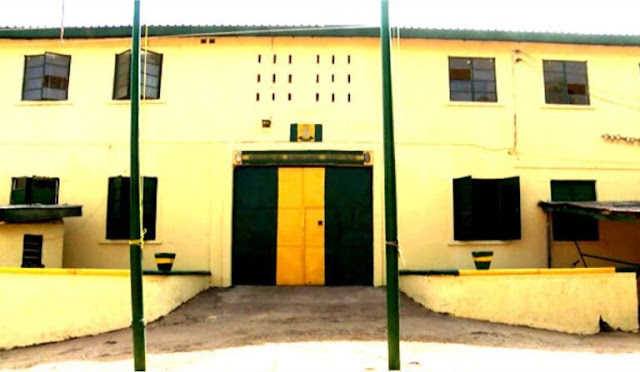PTI, New Delhi, May 15, 2025 : President Droupadi Murmu has exercised powers under Article 143(1), used rarely, to seek the opinion of the Supreme Court on whether judicial orders can impose timelines for the President to exercise discretion while dealing with Bills passed by state Assemblies.
Article 143(1) of the Constitution deals with the power of the President to consult the Supreme Court:
“If at any time it appears to the President that a question of law or fact has arisen, or is likely to arise, which is of such a nature and of such public importance that it is expedient to obtain the opinion of the Supreme Court upon it, he may refer the question to that Court for consideration, and the Court may, after such hearing as it thinks fit, report to the President its opinion thereon.”
The President’s decision comes in light of the April 8 verdict of the apex court, passed in a matter concerning the powers of the Governor in dealing with Bills questioned by the Tamil Nadu government. The April 8 verdict, for the first time, prescribed that the President should decide on the Bills reserved for her consideration by the Governor within three months from the date on which such reference is received.
In a five-page reference, President Murmu posed 14 questions to the Supreme Court and sought its opinion on the powers of the Governor and the President under Articles 200 and 201 in dealing with Bills passed by the state legislature.
Article 200 deals with situations regarding the passage of Bills by the state assembly and the subsequent options available to the Governor — granting assent, withholding assent, or reserving the Bill for the President’s reconsideration. Article 201 deals with Bills reserved for the President’s consideration by the Governor.
The Centre has opted for a Presidential reference instead of seeking a review of the verdict, which has sparked sharp reactions across the political spectrum.
The rules state that review petitions are to be heard by the same set of judges in the apex court in chambers, while Presidential references are heard and considered by a five-judge Constitution Bench. The apex court, however, may choose to refuse to answer any or all of the questions raised in the reference.
The reference underlined that Article 200, which prescribes the powers of the Governor in assenting to Bills, withholding assent, or reserving a Bill for the President’s consideration, does not stipulate any timeframe for the exercise of these constitutional options. Similarly, the President noted that Article 201, which outlines the powers of the President and the procedure for assenting to or withholding assent from Bills, also does not specify any timeframe or procedure for the President to follow under the constitutional provisions.
President Murmu also questioned the Supreme Court’s exercise of plenary power under Article 142 of the Constitution to deem the Bill re-presented to the Tamil Nadu Governor as passed.
“Whereas the concept of a deemed assent of the President and the Governor is alien to the constitutional scheme and fundamentally circumscribes the power of the President and the Governor,” the May 13 reference said.
President Murmu further stated that the contours and scope of the provisions in Article 142 of the Constitution, in the context of issues governed by either constitutional or statutory provisions, also require an opinion of the Supreme Court of India.
“It appears to me that the following questions of law have arisen and are of such a nature and of such public importance that it is expedient to obtain the opinion of the Supreme Court of India thereon,” President Murmu said while posing 14 questions to the apex court for its opinion.









